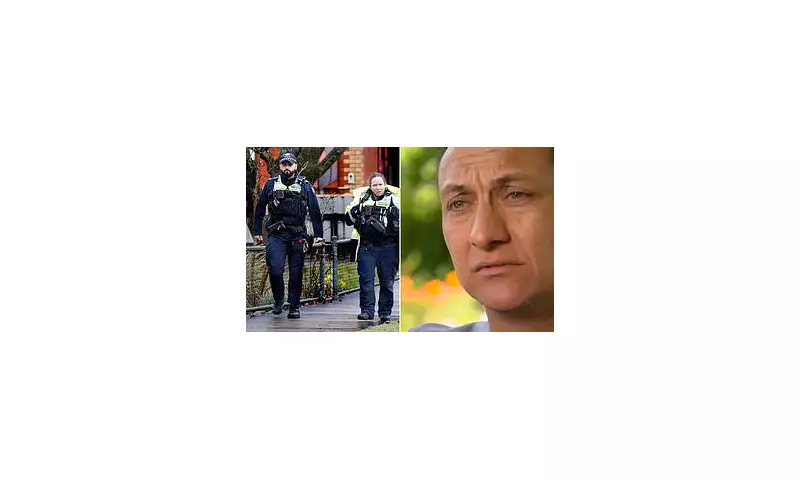
The bizarre and increasingly common world of 'sovereign citizen' ideology collided with the cold, hard reality of British law in a Welsh magistrates' court this week, resulting in a resounding defeat for its proponent.
Dezi Freeman, 53, of Llanelli, became the latest individual to test the court's patience with a series of debunked pseudo-legal arguments, claiming his 'right to travel' meant he did not require a driving licence or insurance.
The 'Right to Travel' Defence Unravels
Freeman's day in court began with a familiar trope of the movement. Upon being asked how he pleaded to charges of driving without a licence or insurance, he stated: 'I do not understand the word ‘driver’... I was travelling.'
He presented the court with a document titled 'Notice of Conditional Acceptance', a common tactic among sovereign citizens that attempts to create a contractual obligation on the court. He claimed that because the court had not rebutted his 'notice' within a set time frame, the case against him should be dropped.
District Judge Sam Goozee wasted little time in dismissing the nonsensical claim. 'I have seen this document on many occasions from people who hold similar beliefs to you,' he stated, clearly well-versed in dealing with such fringe arguments. 'It is a nonsense document and it is not recognised by the court.'
A Costly Belief
With his primary defence in tatters, Freeman was found guilty. The court heard he was stopped by police on the A4138 in Penclawdd while behind the wheel of a white Peugeot Boxer van.
The consequences for clinging to his beliefs were severe and material. He was fined £660 for having no insurance and a further £220 for driving otherwise than in accordance with a licence. He was also ordered to pay £85 in costs and a £264 surcharge.
Most significantly, he was handed a six-month driving ban, a stark practical rebuttal to his claimed right to travel unrestricted.
The Growing Pseudo-Legal Phenomenon
This case is not an isolated incident. UK courts are seeing a rising number of individuals, often fuelled by misinformation online, adopting these so-called 'freeman on the land' arguments.
The ideology rejects the authority of courts and statutes in favour of what adherents misinterpret as 'common law' or 'natural law'. Judges across the country have consistently and unequivocally ruled that such arguments have no basis in UK law and are a complete defence to any charge.
Despite this track record of failure, the movement persists, often leaving its followers with hefty fines, driving bans, and in more serious cases, prison sentences.
Freeman's case serves as a costly warning to others tempted to follow the same path: sovereign citizen theories hold no water in a British courtroom.




